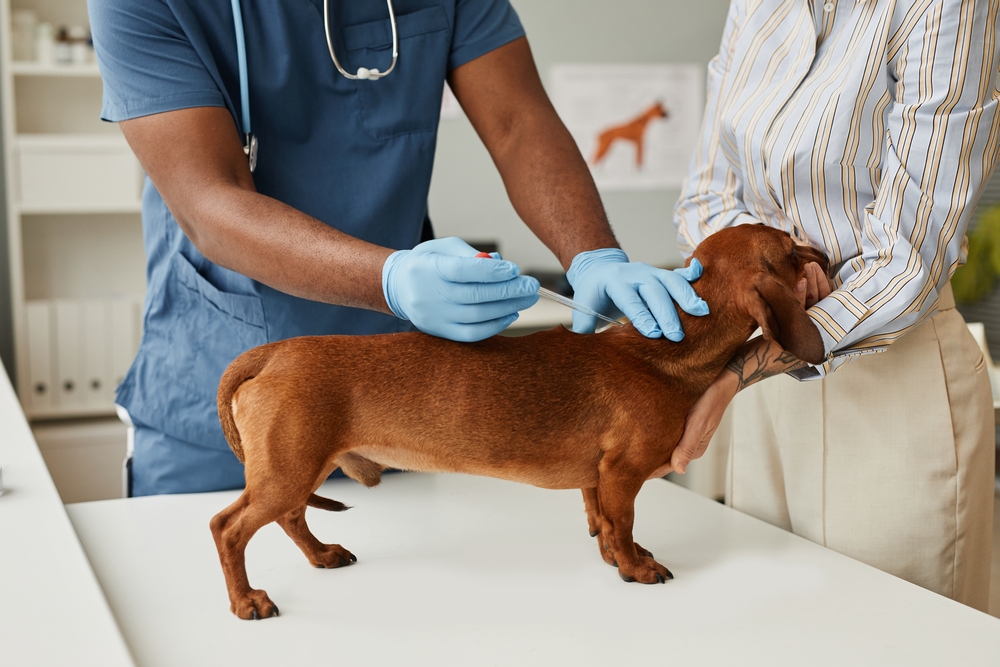
Our pets rely on us to notice when something is wrong, but it is not always easy to tell if they are feeling unwell. Learning how to recognize the signs of illness in your pet and understanding when a situation is urgent can make all the difference in their health and happiness.
Changes in Appetite or Thirst
A sudden decrease or increase in how much your pet eats or drinks could signal a health problem. Pets that stop eating or drinking altogether may be experiencing anything from dental pain to more serious internal issues. If your pet refuses food for more than 24 hours or is drinking much more or less than usual, it may require veterinary attention, as these changes can be early indicators of illness such as kidney disease, diabetes, or infections.
Lethargy or Unusual Behavior
If your normally energetic pet becomes withdrawn, tired, or less interested in activities, this could be a sign they are not feeling well. Unusual hiding, lack of interest in playing, or changes in personality can be subtle indicators that something is wrong. Persistent lethargy or unresponsiveness should be taken seriously, as it can point to underlying medical problems.
Vomiting or Diarrhea
Occasional mild stomach upset may not be an emergency, especially if your pet quickly returns to normal. However, persistent vomiting or diarrhea, particularly if it contains blood or occurs multiple times in a day, can quickly lead to dehydration and should be addressed by a veterinarian. These symptoms may be caused by infections, ingestion of toxic substances, parasites, or other serious health issues.
Difficulty Breathing
Coughing, wheezing, or noticeable effort in breathing is always a cause for concern. Noisy breathing, open-mouth breathing in cats, or bluish gums are all signs of potential respiratory or heart problems. Pets who seem anxious or unable to rest comfortably due to breathing difficulties should be seen by a veterinarian as soon as possible.
Changes in Urination or Defecation
Straining to urinate, increased frequency, or accidents in the house may be signs of a urinary tract issue, bladder stones, infections, or other medical concerns. If you notice blood in your pet’s urine or stool, or if your pet is unable to urinate or defecate at all, this could become an emergency situation that needs immediate attention.
Skin, Fur, or Coat Changes
Hair loss, excessive scratching, sores, lumps, or rashes can point to allergies, infections, parasites like fleas or mites, or more serious health conditions such as hormonal imbalances or cancer. Pay attention to any persistent or worsening skin issues, as early intervention can prevent more severe problems.
Limping or Difficulty Moving
Lameness, reluctance to climb stairs, or sudden trouble getting up may indicate injury, arthritis, ligament tears, or other underlying conditions. Persistent limping or pain that does not improve should be checked by a veterinarian, as untreated injuries can worsen over time.
Eye or Nose Discharge
Cloudy, red, or swollen eyes, or nasal discharge that is yellow, green, or bloody can be signs of infection, allergies, or other health problems. Eye and nasal discharge can quickly become uncomfortable or even dangerous for your pet, especially if accompanied by squinting, pawing at the face, or loss of vision.
When Is It an Emergency?
Knowing when to call your veterinarian right away can save your pet’s life. Contact Animal Hospital of Humble immediately if your pet experiences:
• Difficulty breathing or persistent coughing
• Repeated vomiting or diarrhea, especially with blood
• Seizures or sudden collapse
• Bleeding that doesn’t stop within a few minutes
• Signs of severe pain, such as crying out, panting, or agitation
• Inability to urinate or defecate, or straining with no results
• Swollen, hard abdomen
• Exposure to toxins (chocolate, certain plants, medications, etc.)
• Unresponsiveness or sudden behavior changes
If you’re ever unsure, it’s always better to be safe and call your veterinarian.
Get Expert Veterinary Care When You Need It
Your pet can’t tell you when they’re sick, but you can be their best advocate by watching for these important signs. Acting early can prevent small issues from becoming big problems and ensure your pet stays healthy and happy.
If you notice any signs of illness in your pet or think your pet may be having an emergency, contact Animal Hospital of Humble right away. Visit our office in Humble, Texas, or call (281) 812-1960 today.







